If books and movies have taught us one thing, it is that artificial intelligence (or AI) should be feared. Numerous works of fiction not-so-gently suggest that robots and computers will eventually become our overlords. But that idea does not exist solely in fictional works. Consider the concept of technological singularity, which is the theory that artificial superintelligence will eventually cause such rapid technological growth that humankind will be irrevocably changed. In short, the “human era” will come to an end, largely because of the technology we created. This may happen, according to certain scientists, as soon as 2040.
Artificial intelligence is indeed scary, and here are 10 reasons why!
1. Robot rights
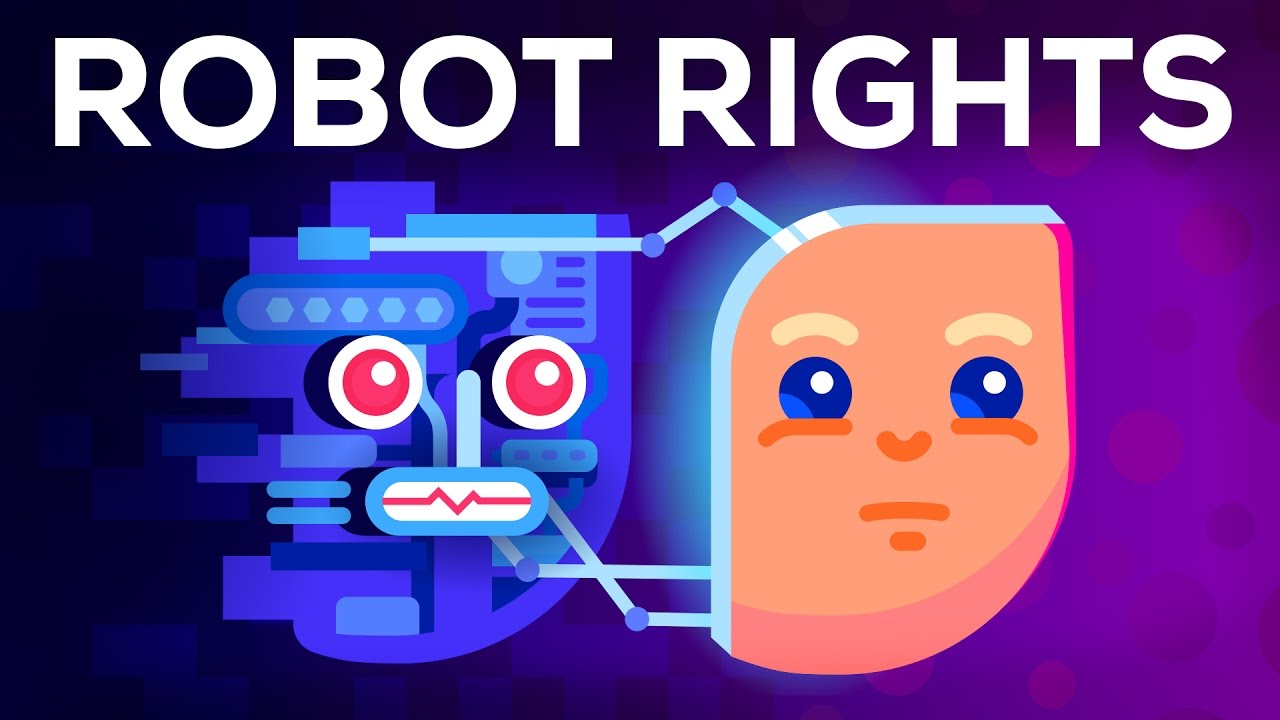
These days, if you own a robot, it probably does little more than attempt to vacuum your floor in such a piss poor way that you inevitably have to vacuum again if you even remotely care about the guests you’ve invited over.
The way technology is advancing, though, robots may—or probably will, depending on who you believe—become sentient creatures. If that happens, they will likely demand the very rights most countries can barely afford for their organic citizens. What if they need healthcare and housing? What if they demand the right to vote and serve in the military? What if they insist on the right to marry your child or grandchild? The robot babies may turn out to be cute, sure, but could humankind be at risk?
H/T – Source
2. What if war robots switch sides?
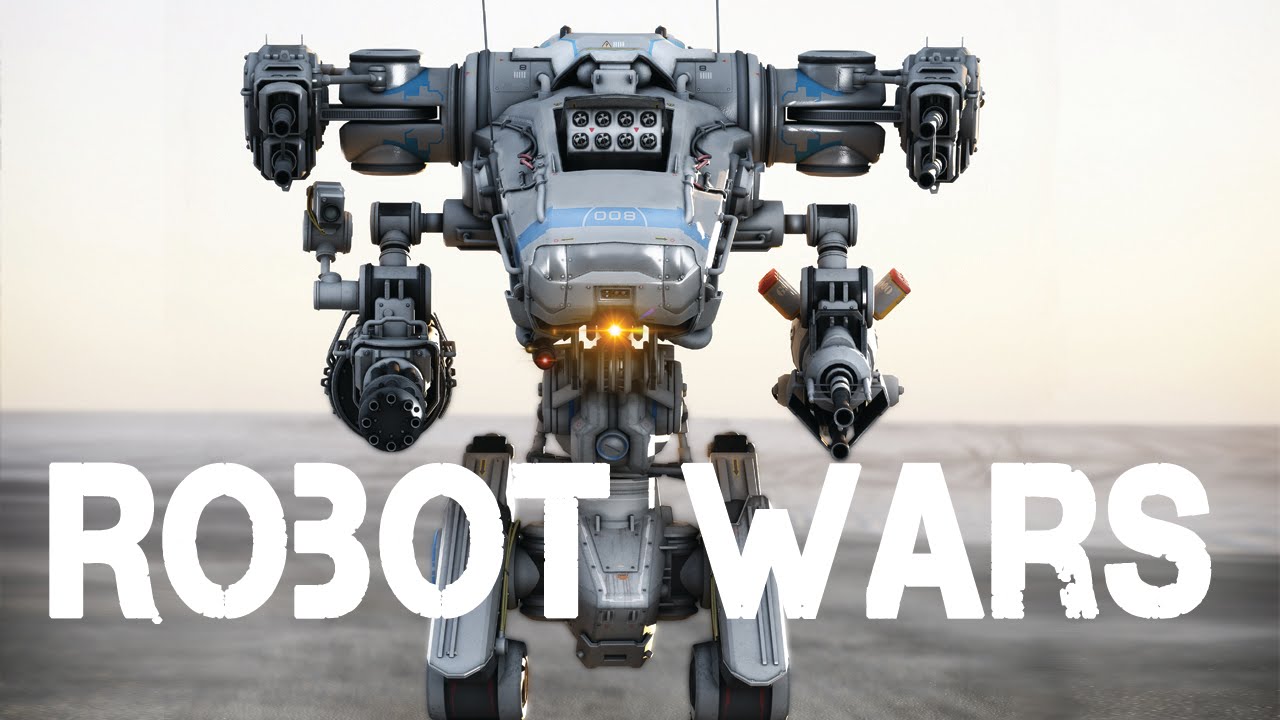
Robots, like people, can be fickle creatures. While human beings can be “reprogrammed” via psychology and torture, robots can literally be reprogrammed. What does this mean for you? It means that the soldiers serving whatever country you live in might be—via a virus that could likely be programmed by a very adept teenaged hacker—attacked by a robot or an army of robots that was supposed to be on their side.
When you consider the fact that an American stealth drone was allegedly shot down by Iran in 2011, the idea that war robots could be reprogrammed doesn’t seem too far-fetched. After all, a drone is nothing more than a computer; robots, too, are nothing but computers.
H/T – Source
3. Machines will replace our workforce
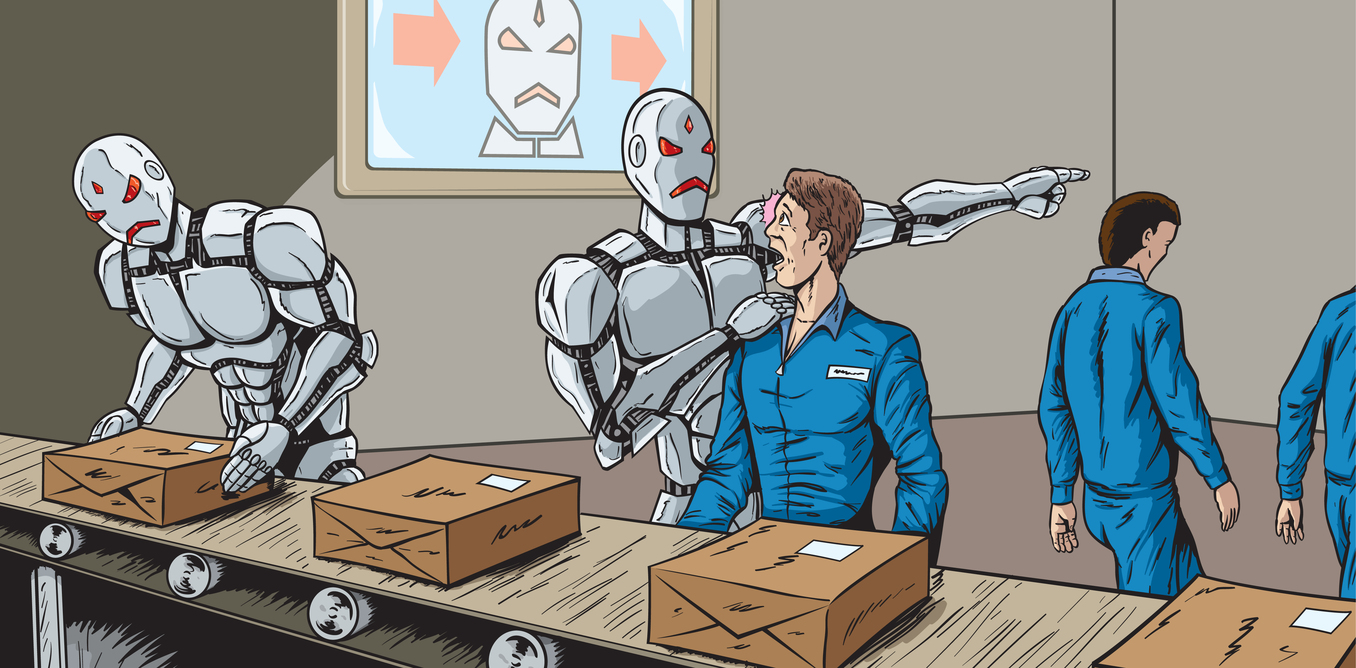
To be fair to robots, they do a lot of things better than we do because they don’t require food or sleep; really, they’re ideal workers. They don’t get bored and spend half of their workdays on Facebook posting pictures of adorable animals doing silly things.
It has been suggested that, within a little over ten years, robots will take over millions of jobs currently held by hard-working humans who are just trying to feed their families and pay for their Netflix subscriptions. In theory, by 2100, most current jobs will actually be held by machines/robots. Manufacturing, retail, and transportation will likely suffer the most. Transportation being taken over by machines sort of makes sense, really; wouldn’t you rather your plane piloted by an extremely competent robot as opposed to a pilot who may or may not have had a few too many cocktails before getting in the cockpit?
4. There’s a monopoly on the AI market

The whole “robots may take over the world” thing is alarming; after all, said “creatures” will likely eliminate the majority of blue collar jobs, and probably many white collar ones as well. Again, robots (or AI, if you’d rather) don’t need to sleep or eat or excrete waste, all things that human beings spend a lot of time doing. They’ll be able to work close to 24 hours a day! They also won’t feel the need to take the afternoon off to see their daughter in a grammar school play—because they don’t feel at all.
What makes the whole situation even more alarming is that big corporations—like Apple, Intel, and Google—are buying up the startups that develop AI. What this means for you is that only a few giant businesses will control the technologically advanced, sentient beings that could be your overlords in just a few short decades.
At this point, though, we should be used to a small handful of corporations controlling almost everything we consume or encounter, whether we’re talking about food or entertainment or pretty much anything else. For example, there are only 10 companies that control essentially every product we ingest; those companies, for lack of a better phrase, completely control the food industry.
And the fact that Disney bought Fox? That should concern you in ways we won’t get into in this article.
H/T – Source
5. Russia may be using AI to spread propaganda

Let’s be clear: we here at this site are simply not taking sides on the whole Clinton v. Trump debacle that people started yelling at each other about in 2016 or so and haven’t shut up about since.
But, that said, there is serious evidence that Russia is, um, doing stuff via Twitter. Research conducted by legitimate US universities—The University of Southern California and Indiana University, to be specific—has concluded that bots comprise about 15 percent of all Twitter accounts. Most of them are allegedly controlled by Russia.
To be clear: no one at this site has any idea what Russia’s end game is with all of the bots and fake accounts. Does Putin know about the bots and fake accounts? If he does, did Putin prefer Clinton or Trump in the 2016 election? Did he actually influence the election, or were the rumors suggesting that he did simply the result of partisan politics? Could Putin be doing nothing more than trolling the United States with the bots? Does he simply worship chaos? Few people know, and those that do know and decide to talk about it all will probably mysteriously disappear, so all we can do is speculate.
H/T – Source
6. Killer robots are already being used
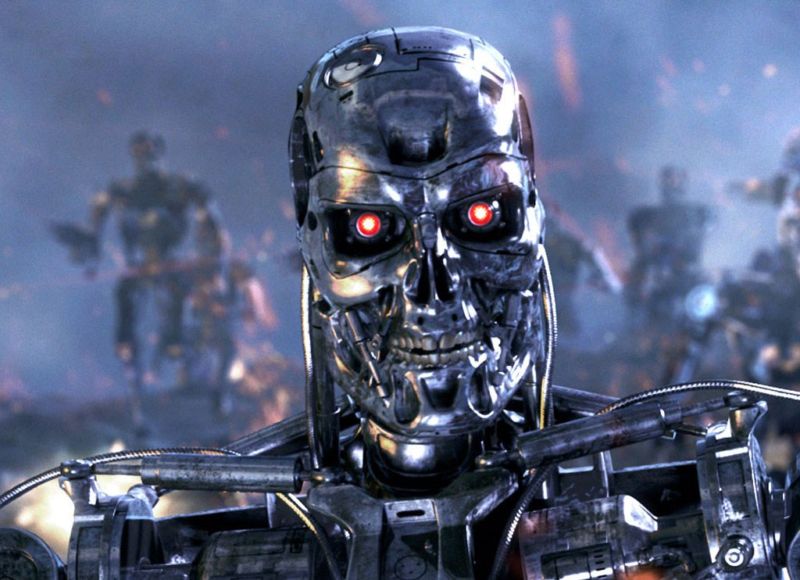
Remember how we talked about how war robots might switch sides if hacked? Here’s the thing: there is already a sentry gun called SGR-A1 that can—without any sort of human intervention, lock onto targets and shoot them until they’re deader than dead.
It is already in use in a couple of counties—South Korea and Israel to be specific. South Korea has them installed in its Demilitarized Zone, which is the “buffer zone” between North Korea and South Korea. That isn’t so concerning, really; but could you imagine what might happen if North Korea managed to hack those things?
7. Self-driving cars might kill you on purpose
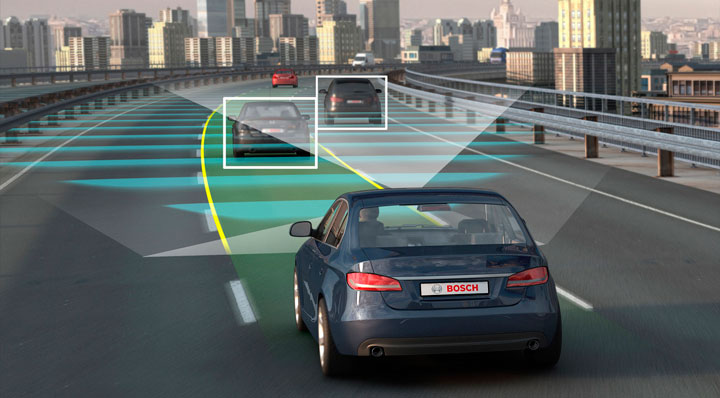
Driving is dangerous, and there a number of scenarios that pop up from time to time in which the driver needs to make a judgment call. For example, if a little old lady is crossing the street and you are driving a van full of children, should you swerve into a ditch to save the old lady, possibly killing the children and yourself? What if the little old lady is clearly at fault? After all, she should have looked both ways before crossing the street, right?
Well, no one really knows what a self-driving car would do in such a circumstance. Apparently Google fully admits it would cause you to swerve into the aforementioned ditch, possibly killing the children in your backseats, so that the old lady could avoid getting hit and cross the street safely. No one really knows how the other self-driving car manufacturers have programmed or will program their vehicles. Will the governments of the world regulate what self-driving vehicles should do in every possible circumstance it might encounter?
Driving really is the most dangerous thing most of us do every single day, largely because we can’t trust the people behind the wheel of the massive vehicles traveling around us at—at times—insanely high speeds. The question is this: will we be any safer when the cars are controlled by artificial intelligence? That remains to be seen.
H/T – Source
8. Robots know how to lie
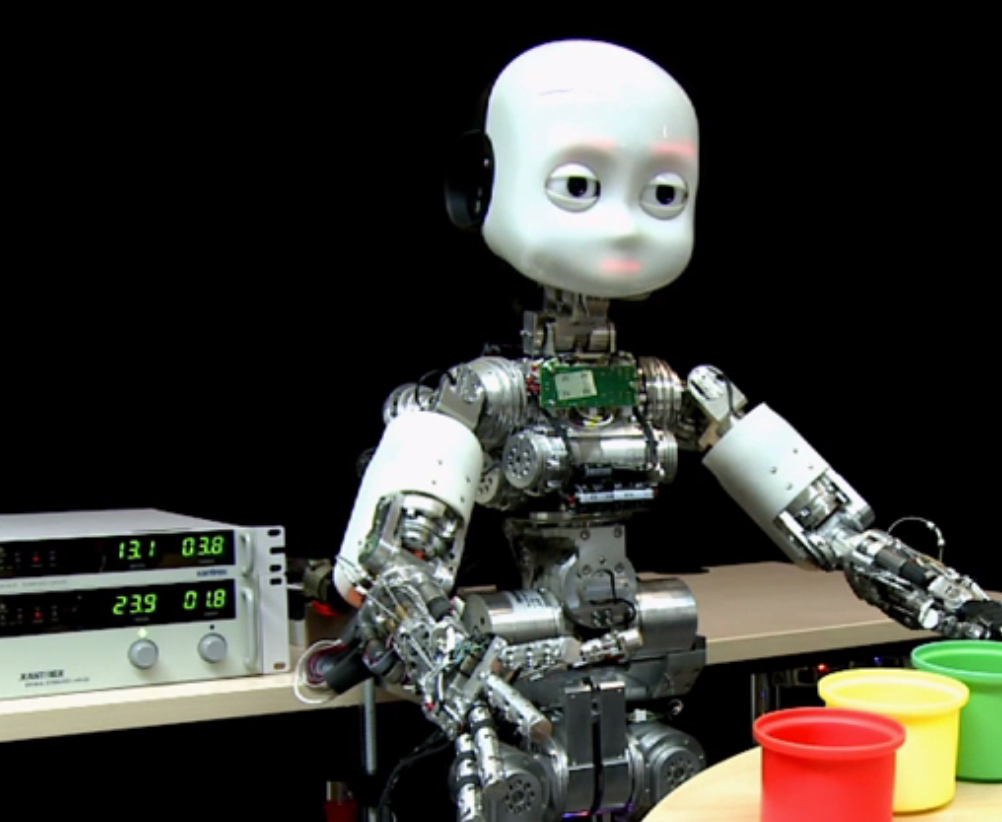
Remember how, in the introduction to this article, it was suggested that robots might enslave us all. In case you’ve forgotten, the technology we’ve created will possibly lead to the end of the human race as we know it.
Well, in order for the robots to become our masters, they’ll need to be able to lie to us, right? They’ll convince us that they want to work for us and with us, of course, before they make their move.
But robots can’t lie!
Oh, whoops, they totally can. According to an experiment conducted at the Georgia Institute of Technology, machines are already learning to be dishonest and deceitful. A similar experiment was conducted in Switzerland. It involved 1,000 robots, which were divided into 10 groups. Long story short, robots can and do lie. They may not be programmed to do so at first, but they can eventually “evolve” into creatures capable and willing to do so for their own good.
If robots can lie, it really makes the idea of having one act as your maid—like Rosey from The Jetsons—a far less attractive proposition, doesn’t it? If you want a non-organic life form to keep you company, perhaps you should consider a pet rock. It is unlikely that a rock will develop a deceitful personality.
H/T – Source
9. AI will eventually, and probably sooner rather than later, be smarter than us
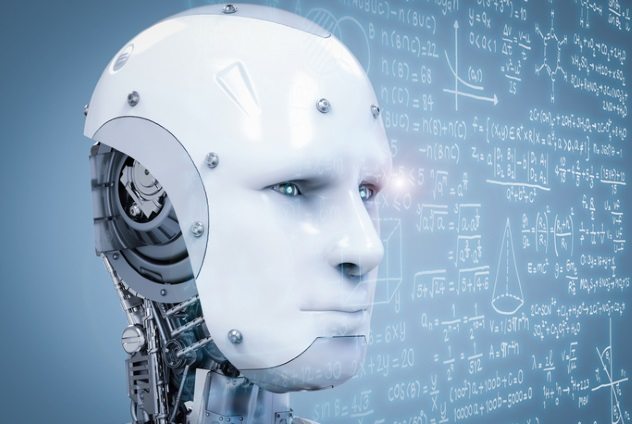
Technological singularity, which was mentioned early on in this article, probably will be a thing eventually. After all, as we’ve pointed out, robots can already lie. If they can lie, they can run for political office, which means it is only a matter of time before organic lifeforms are enslaved by computers.
Artificial intelligence will change humanity in a way from which we just can’t come back. Computers and robots and the like will be smarter than us soon; really, in a lot of ways, “they” already are. The sum of human knowledge is now accessible to anyone with a smartphone and/or internet access. Chances are, if you’re over the age of 45, you can’t remember why you get out of your chair half of the time.
The bottom line is that really good artificial intelligence has human-like reasoning abilities. It does not require the input of humans to reason, either. Technology advances at an exponential rate, don’t forget. By 2027, the computer you’re reading this article on will be embarrassingly obsolete. I mean, seriously: could you imagine still having a first generation iPhone? I shudder at the thought!
H/T – Source
10. The Robots may, and likely will, kill us all
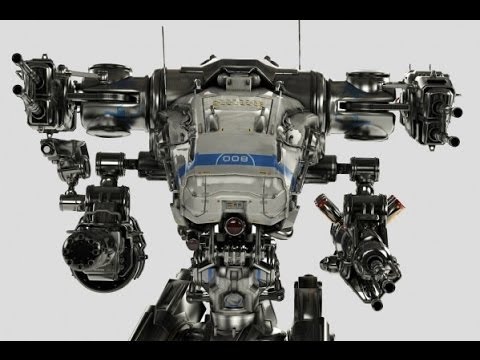
As terrible as the world seems at times, as a species we humans have come a long way. In general, we’re pretty tolerant of other beliefs and skin colors and one another’s questionable choices in music.
Chances are, though, that robots won’t be so tolerant of us once they’re fully sentient and have the ability to kill us via their superior intelligence—with our own weapons.
Many people who don’t spend their days wearing tin foil hats are worried about what AI may eventually do to humanity. Even Bill Gates—one of the people largely responsible for the fact I have approximately 307 devices on my desk that can access the internet—seems to be under the impression that artificial intelligence will not be able to be controlled at a certain point; it will be too intelligent. Even Stephen Hawking is concerned.
So there are very intelligent people out there that firmly believe that AI might be the biggest threat to humanity ever.
Those people may be totally off base, really. The robots may love us—at first. Of course, once they see the kind of nonsense most of us tweet about and post on Facebook on a daily basis, they may end up viewing the destruction of humanity as a favor to the Universe as a whole.
In conclusion, if you’re a parent or grandparent, there’s a good chance your offspring will end up the slaves of insanely smart and powerful robots. Therefore, it might be a good idea to forego investing in college funds and the like; instead, spend your money on a trip to the Caribbean while the humans still control it!
H/T – Source

Leave a Comment